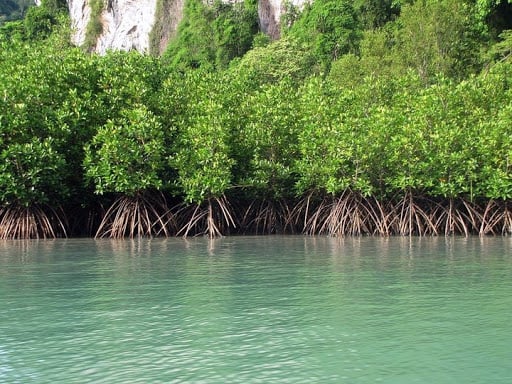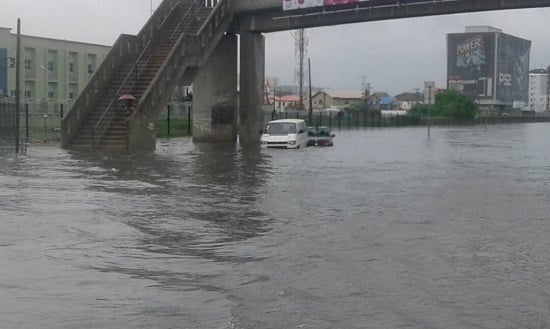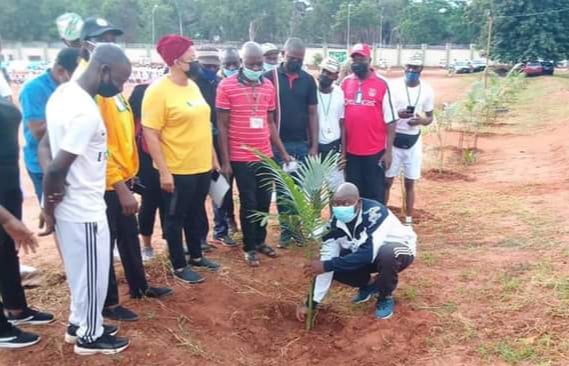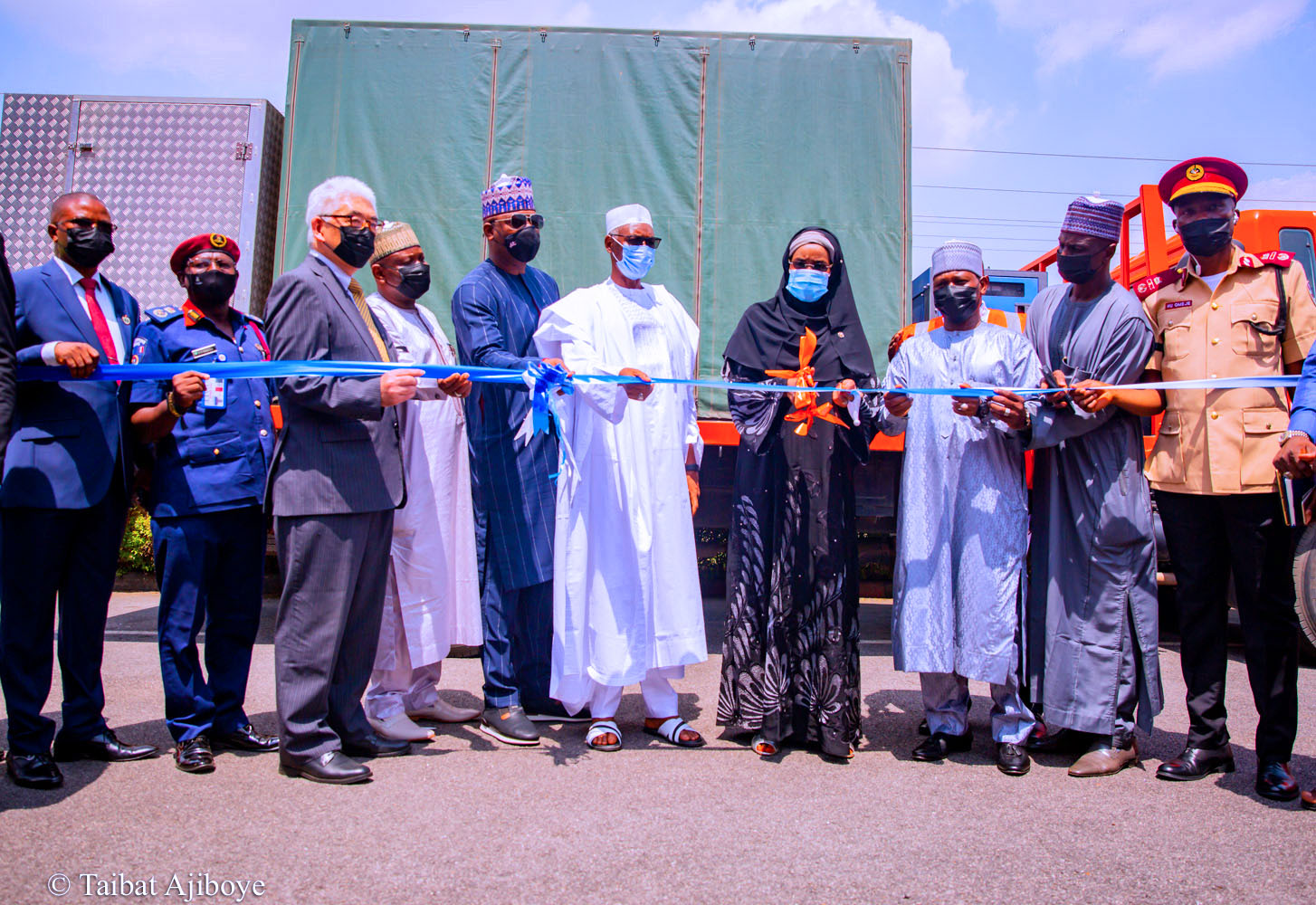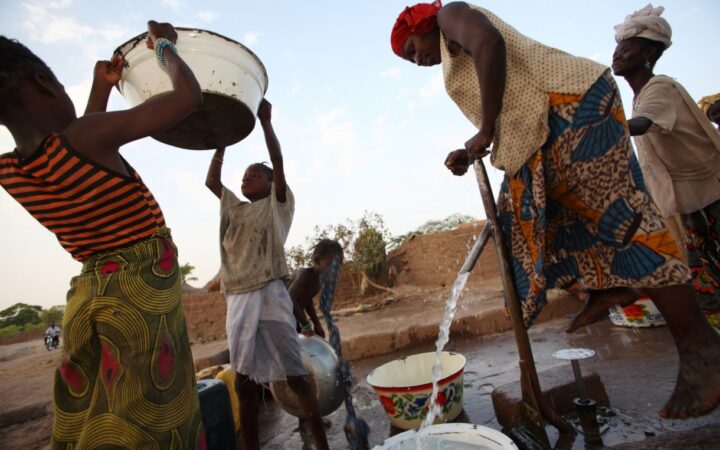Ibrahim Shelleng

The presidency says Nigeria’s newly operationalised National Climate Change Fund will mobilise an initial $2 billion from domestic and international sources to accelerate the country’s green growth and climate resilience agenda.
On October 31, President Bola Tinubu approved the operationalisation of the national climate fund to support climate action and green projects in the country.
Speaking with TheCable on Tuesday, Ibrahim Shelleng, senior special assistant to the president on climate finance and stakeholder engagement, said the fund will serve as a central pool for mobilising resources to finance climate mitigation and adaptation projects across Nigeria.
Advertisement
“The fund is an instrument to mobilise various sources of funding, both locally and internationally,” he said.
“The operationalisation will allow us to warehouse these funds and make them easily accessible for climate projects.
“Large climate financing through international mechanisms can take years, but now that we have a domestic fund, the process will be faster. For instance, a state government that needs to execute a climate project can now apply directly through the fund instead of waiting two or three years for approval.”
Advertisement
Shelleng noted that the fund would also provide early-stage support for private sector-led projects, including pilot and feasibility studies, while helping viable projects to scale.
He added that proceeds from Nigeria’s carbon market framework will also be channelled into the fund.
The presidential aide said the structure of the fund is still being finalised, but that the federal government is considering a model similar to the Nigeria Sovereign Investment Authority (NSIA) to ensure transparency and investor confidence.
“It will also help mobilise private finance by providing first-loss guarantees — giving international investors’ confidence that the riskier parts of projects have been covered,” he added.
Advertisement
“If we manage it like a conventional publicly-run fund, it may struggle to attract significant investment. The NSIA’s corporate governance structure provides confidence to international investors and will help scale the fund.”
‘THE FUND WILL ENSURE INCLUSIVE PARTICIPATION FROM STATES’
According to Shelleng, the next step is to finalise the governance framework, establish the fund’s board, and kick-start operations.
Shelleng said the fund would adopt a “whole-of-society” approach to ensure inclusive participation from states, communities, and civil society.
Advertisement
“This is not just a government fund, communities and civil society organisations should start developing bankable project ideas that can access this financing,” he said.
“The difference is that, instead of sending proposals abroad to institutions that may not understand our local realities, decisions will now be made here in Nigeria — and that will make access faster.”
Advertisement
Nigeria’s Climate Change Act 2021 provided the legal framework for establishing a National Climate Change Fund to finance the country’s transition and resilience agenda.
However, the fund remained dormant until 2025, when Tinubu approved its operationalisation alongside the national carbon market framework.
Advertisement
The move comes amid growing calls to close Nigeria’s $17.7 billion annual climate finance gap — with the country currently accessing less than five percent of that amount.
The NCCC says the fund will help Nigeria accelerate access to climate finance, strengthen private sector participation, and drive investments in renewable energy, adaptation, and carbon market development.
Advertisement
The 30th session of the United Nations Climate Change Conference (COP30) is currently underway in Belém, Brazil, with climate finance for mitigation and adaptation high on the agenda.
_______________________________________________________________________________
This report was produced with support from Sahara Group and the Kaduna state government

